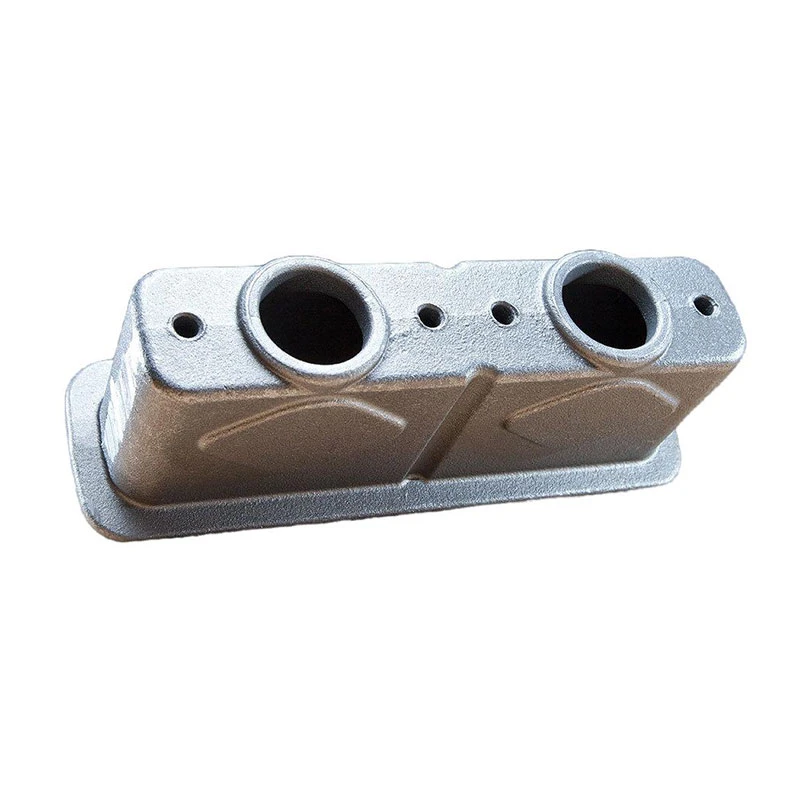products made from die casting
The Versatile World of Die Casting Products
Die casting is a manufacturing process that has gained immense popularity across various industries due to its ability to produce complex shapes with excellent surface finishes and dimensional accuracy. This process involves forcing molten metal into a mold under high pressure, allowing for the creation of intricate components that are both durable and lightweight. Products made from die casting span a wide range of applications, from automotive parts to household items, showcasing the versatility and efficiency of this manufacturing method.
Automotive Industry
One of the most significant sectors utilizing die casting is the automotive industry. Many modern vehicles rely on die-cast components for critical functional and structural elements. For instance, engine blocks, transmission cases, and various other parts are commonly made using this technique. Die casting allows manufacturers to create components that are lightweight yet strong, contributing to improved fuel efficiency and overall vehicle performance. The precise nature of die casting also ensures that parts fit together seamlessly, reducing assembly time and improving the reliability of the final product.
Consumer Electronics
Die casting is also prevalent in the consumer electronics sector, where the demand for lightweight and complex components continues to grow. Products such as smartphone casings, computer housings, and various internal components often utilize die-cast aluminum or zinc. These materials not only provide durability but also enable effective heat dissipation, which is crucial for maintaining performance in compact electronic devices. The smooth finish that die casting offers helps manufacturers achieve aesthetically pleasing designs, making products more appealing to consumers.
Industrial Equipment
In addition to automotive and consumer electronics, die casting plays a key role in the production of industrial equipment. Components such as housings for machinery, covers for electrical equipment, and various safety devices are often produced using die-casting techniques. The ability to create detailed shapes and designs allows manufacturers to develop customized solutions tailored to specific industrial needs. Furthermore, die-cast parts can withstand harsh operating conditions, making them ideal for heavy-duty industrial applications.
products made from die casting

Household Products
Household items are another area where die casting shines. From kitchen utensils and appliances to decorative pieces and furniture components, die-cast products provide an excellent balance of functionality and aesthetics. Common items, such as cookware, lamp bases, and door handles, benefit from the durability and lightweight characteristics of die-cast metals. Moreover, the ease of mass production through die casting enables manufacturers to offer these products at competitive prices, making them accessible to a wider market.
Aerospace Applications
The aerospace industry also leverages die casting for its stringent requirements regarding weight and performance. Components such as brackets, housings, and structural parts are often made from high-strength aluminum alloys using die casting techniques. The process allows for the production of lightweight parts that do not compromise safety or performance, essential qualities in aviation applications. Additionally, the precision offered by die casting contributes to enhanced aerodynamics and fuel efficiency.
Future Trends
As industries continue to evolve, the demand for die-cast products is expected to grow. Innovations in materials technology, including the development of stronger and lighter alloys, will expand the applications of die casting even further. Furthermore, the rise of sustainable manufacturing practices may lead to increased interest in die casting, as it often results in less material waste compared to traditional machining methods.
In conclusion, die casting is a critical manufacturing process that produces a diverse array of products across numerous industries. From automotive and aerospace to consumer electronics and household goods, the versatility and efficiency of die casting make it an indispensable part of modern manufacturing. As technology advances and industries seek to enhance performance while minimizing costs, the role of die casting in product development will undoubtedly continue to grow, shaping the future of manufacturing and consumer goods.
-
Aluminium Pressure Die Casting High-Precision & Durable Solutions for Complex PartsNewsJul.08,2025
-
Top Aluminum Sand Castings Manufacturer – Precision Green Sand Castings for Industrial NeedsNewsJul.08,2025
-
Precision Lost Wax Casting Quotes – High Accuracy Custom Parts Lost Wax Precision Casting ServicesNewsJul.07,2025
-
High-Quality Sand Used for Casting - Superior Sand for Sand Casting ProcessesNewsJul.07,2025
-
China Supply High End Metal Stamping Parts Sino - Precision Manufacturing FactoryNewsJul.06,2025
-
High-Quality Automotive Investment Casting Services Precision & Sand Casting SolutionsNewsJul.06,2025















